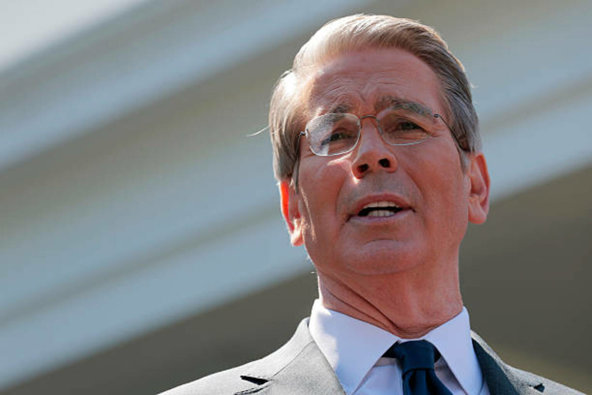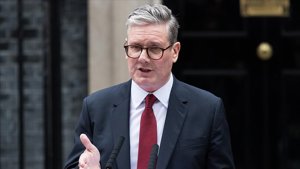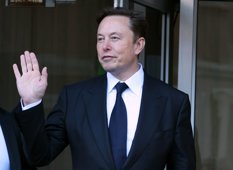
Bessent Targets Trade Deals, Supports Argentina
United States Treasury Secretary Scott Bessent is taking a leading role in shaping the Trump administration’s global economic agenda. According to sources cited by The Wall Street Journal, Bessent is prioritizing trade negotiations with several key allies, including the United Kingdom, Australia, South Korea, India, and Japan. The report highlights that Bessent has already been in contact with representatives from each of these countries, signaling an acceleration of Washington’s efforts to expand trade ties under President Trump’s renewed administration.
Earlier the same day, US National Economic Council Director Kevin Hassett revealed to CNBC that ten nations have already made what he called “amazing” trade offers to the Trump administration, further underscoring the global momentum building around U.S.-led trade initiatives.
In addition to focusing on new trade agreements, Bessent met with Argentine President Javier Milei on Monday to express strong support for Argentina’s ambitious economic overhaul. The meeting was confirmed in a statement by the U.S. Department of the Treasury, which praised the Milei administration’s market-oriented reforms and efforts to reduce trade barriers with the United States.
Bessent also congratulated President Milei on Argentina’s recent agreement with the International Monetary Fund (IMF), characterizing the move as a critical step toward long-term economic stability. During the discussion, Bessent emphasized Washington’s trust in Milei’s ability to maintain the country’s economic momentum and continue building a robust partnership with the United States.
With these latest developments, the Trump administration appears to be embracing a proactive global trade policy, focused on strengthening ties with strategic partners while also supporting structural reform efforts in key economies. These actions reflect President Trump’s broader vision of economic nationalism, competitive cooperation, and expanding America’s influence through robust trade engagements.






